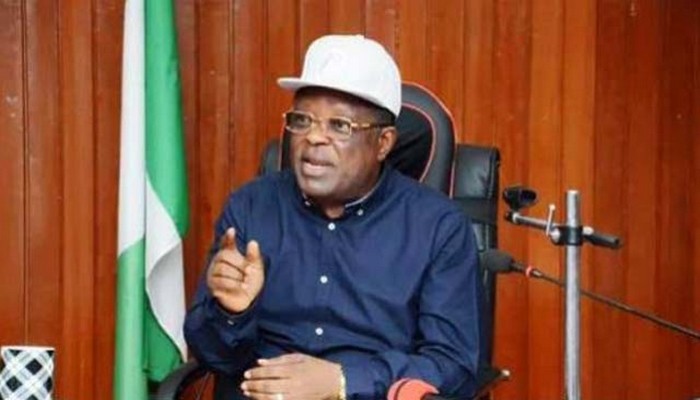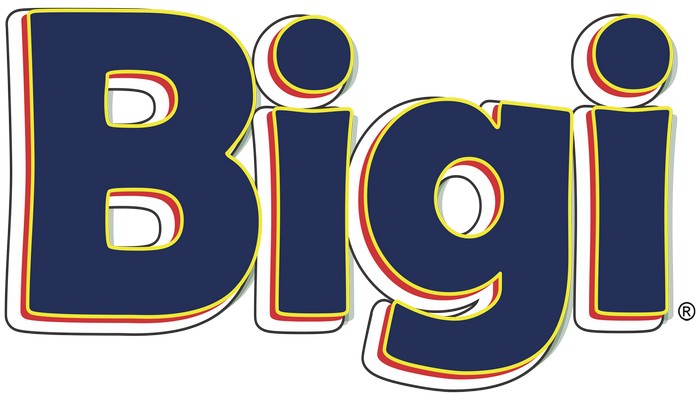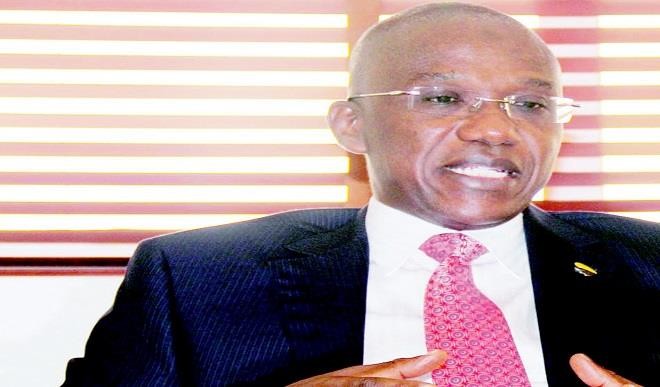
The Federal Executive Council (FEC) on Wednesday approved a number of high-profile road projects, including ₦740 billion for the Berger stretch of the Abuja-Kano route.
The Minister of Works, Dave Umahi, disclosed this to journalists at the State House, Abuja, after the Council meeting, which was presided over by President Bola Ahmed Tinubu.
He clarified the government’s approach to managing the extensive backlog of infrastructure projects.
Among the key decisions, the FEC announced that the Shagamu-Benin road is undergoing a critical rehabilitation, while procurement processes are being finalized for its full reconstruction using reinforced concrete pavement.
He said the Abuja-Kano road, previously slated for a tax credit arrangement, will now be procured without such a provision, with the 162-kilometer Berger section already approved for ₦740 billion.
Umahi highlighted several other projects, including the commencement of construction on the Sokoto-Badagry road, with the Sokoto section to be flagged off imminently.
Additionally, he said works on the Oyo-Ogbomosho road, a project stalled for 18 years, will resume, and the Makurdi-Katsina-Ala road will undergo significant repairs.
According to him, FEC also tackled the inherited debt profile of ₦1.6 trillion tied to 2,604 projects, with a total contract value of ₦13 trillion.
To manage the backlog, he said the Ministry of Works has initiated a phased approach to project completion based on available funding.
Key examples include the phasing of the Biu-Kangiwa-Kamba-Kaya Niger Republic road in Kebbi State, the Yola-Hong-Mubi road in Adamawa State, and the Kachako-Dambazua road in Kano State.
The council further approved advanced payment mechanisms to combat inflation and rising costs driven by fluctuating exchange rates and petroleum prices.
“And finally, we presented a memo to FEC that where there is proof of funds, there is available funds, the Procurement Act allows MDAs to pay a maximum of 30% advance payments. And let me emphasise that this advanced payment. When you read the law, it say may pay.
“And so when people are giving contracts and they don’t mobilize, and they said, I’ve not paid mobilization, it is not legally binding, because the word says may pay. And so some people turn it shall pay. So no, it’s may pay.
“So where we have funds, and they will have a valuable fund beyond this 30% so what we are, you know, we requested from FEC is approved, that we first pay 30% which is the Procurement Act, and not more, and then when the contractor has started work, and to the satisfaction of the Ministry of works, we should be allowed to pay additional funds.
“Yes, the law allows us to pay in terms of you know, materials on site. But we are asking beyond that, what is the essence of this? Is to mitigate a lot of fluctuation and inflation, because we have a lot of you know, indices that affect the ministry of works like the petroleum you know it affects it.
“You know the dollar exchange rate also affects so we are doing everything to manage the resources within the available funds so that we mitigate inflation,” he added.
Also speaking to journalists at the briefing, Minister of State for Petroleum Resources (Gas), Ekperikpe Ekpo, disclosed that President Tinubu spoke about seeing to conversion of most fuel stations across the country to CNG dispensing stations, where you can also get conversion kits.
According to him, Nigeria has turned to the use of the alternative fuel, adding that it is cheaper, safer and is aimed at reaching all parts of the country.
“Today at the Federal Executive Council, the President has given a charge, through the Minister of Information, on CNG. We are well aware that the President set up a Presidential Committee on the CNG to drive the CNG project, as a minister who has been supervising what has been going on there, and it is left for us to inform the general public that CNG has come to stay, and we have to follow that route because CNG is safe, cheaper, and protect the environment.
“So today, the President has talked about ensuring that most of the filling stations across the country are converted into CNG stations, where you have the conversion kits, so that people can convert their vehicle to CNG.
“It is important to note that when you are using CNG, you save a lot of money, a liter of fuel that can go for N1000, with CNG, you get it at N200, which saves you N800 and I believe, with the passion of Mr. President, the push that he has given to us we’ll try as much as possible to drive the CNG programme to reach all the nooks and crannies of this country, so that we will take advantage of the natural resources, gas, that God has endowed us”, Ekpo said.
Also, the FEC has approved the printing of 1 million science textbooks for distribution to secondary schools across the country.
The approval was granted following a memo presented by the Minister of State for Petroleum Resources (Oil), Heineken Lokpobiri, on behalf of the Petroleum Technology Development Fund (PTDF).
He said the programme targets areas where Nigerians have deficiencies, including physics, chemistry, biology, mathematics, and computer science.
This initiative seeks to bridge the gap and enable Nigeria to match up with the rest of the world in technological and engineering development.
He also said the textbooks will be distributed to 774 local government areas, 104 unity schools, and 122 special schools.






